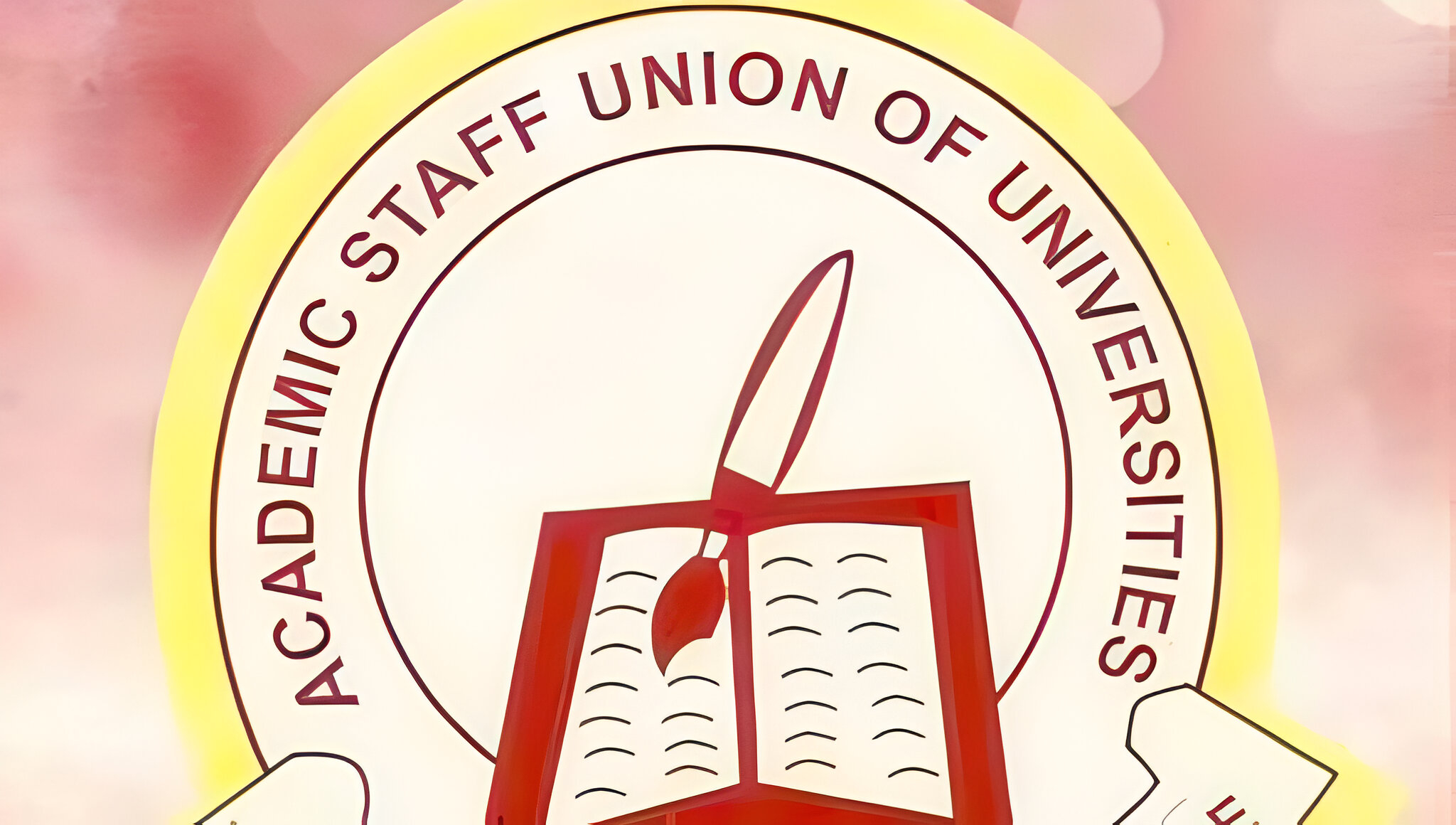By
Kabiru Danladi Lawanti
I shared ASUU’s latest directive to its members that university lecturers should boycott classes if their salaries are delayed beyond three days into a new month. Predictably, a chorus of online cynics responded with mockery and disdain. Many dismissed the union as obsolete, some hurled insults at professors, and others ridiculed the decision entirely. But none of this surprised me.

This society has long ceased to respect its knowledge workers. Our contempt for education is no longer hidden—it is becoming a state policy. What jolts the conscience, however, is not the ridicule, but what we choose to normalize.
Just days ago, my professional colleague Ismail Auwal posted that a Professor, a man who has spent his life in classrooms, lecture halls, and libraries—went viral. Not for publishing breakthrough research. Not for mentoring future leaders. But for selling kayan miya (soup ingredients) at a roadside stall, simply to survive.
Before we could recover from that shock, another viral story emerged – a professor from Usmanu Danfodiyo University, Sokoto, now publicly crowdfunding ₦13 million for urgent medical treatment. And he’s not alone. I personally know of a senior lecturer in another university seeking ₦23 million to travel for life-saving care in India.
These are not isolated events. They are systemic symptoms.
Let’s be clear: Nigeria’s biggest threat to education is not B0ko Harâm. It is not the “skills over degrees” evangelists who fail to understand that skilled societies still fund research and education. The true danger is a political economy that systemically despises knowledge. A state structure that rewards mediocrity and punishes competence. A bureaucracy that cannot pay salaries on time but allocates billions to legislative perks. A national mindset that glorifies quick wealth and trivializes intellectual labour.
What system allows its most educated citizens—professors—to fall into destitution, while elevating those who offer nothing beyond noise, showmanship, or connections? What incentives does Nigeria create for intellectual excellence? What signal are we sending to our younger generation watching their lecturers beg for survival? What kind of society crushes its knowledge base and expects transformation?
This is not about ASUU alone. ASUU is merely a symptom, sometimes a flawed one, of a nation allergic to order and allergic to ideas. The average Nigerian professor, even after decades of work, has no health insurance that works, no pension that protects, and no society that respects them. What they have is debt, mockery, and the daily indignity of watching politicians fly private jets while their students study under leaking roofs.
The conversation we need is not whether ASUU’s tactics are popular. The question is; what is the cost of normalizing the collapse of our universities? Because when you bankrupt your brain trust, the entire society collapses—intellectually, morally, and eventually, economically.
A society that does not fund thinking will soon have nothing worth defending. And when your best minds are trading books for kayan miya, understand this; the crisis has already arrived. You’re just not paying attention.

